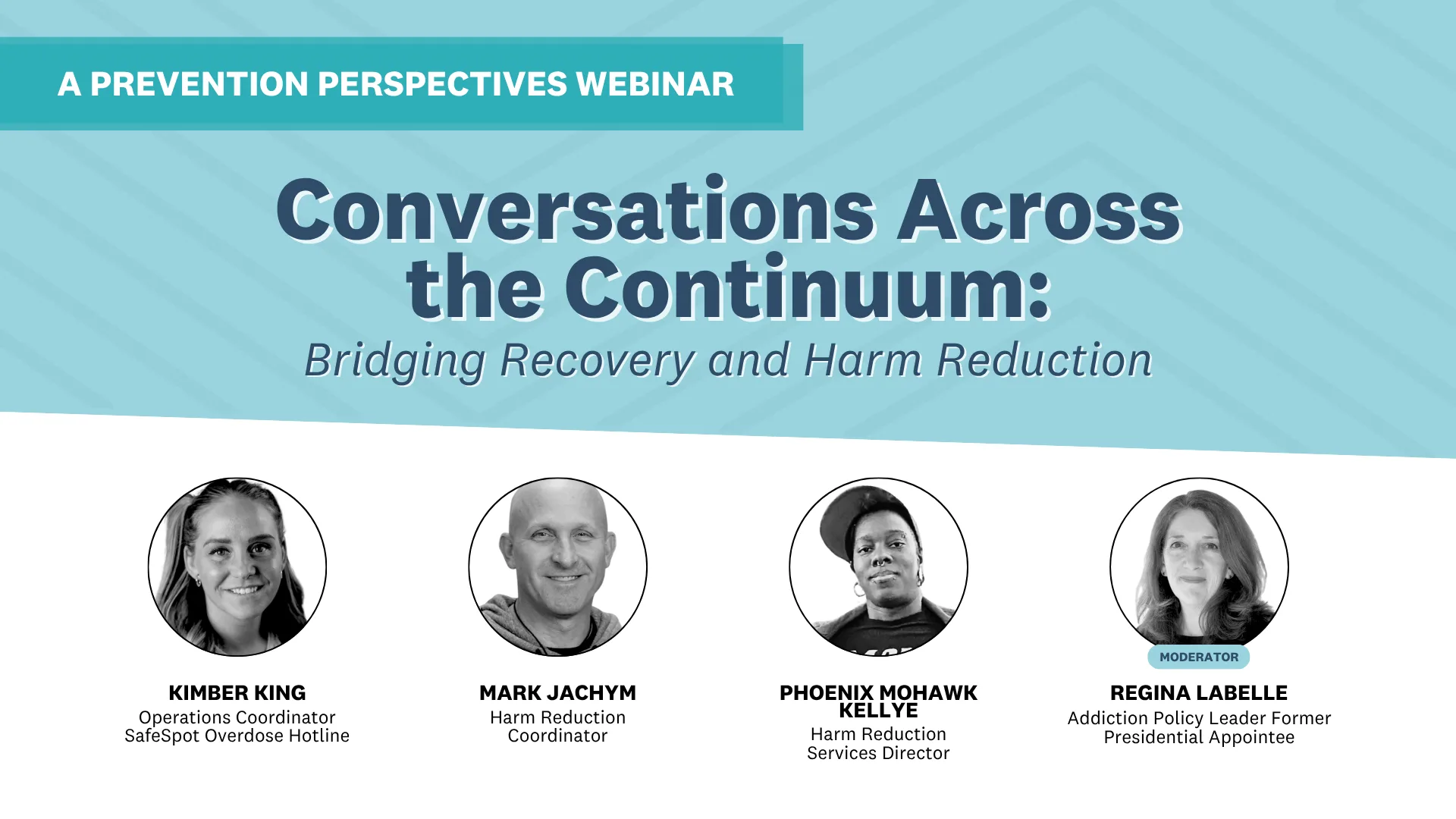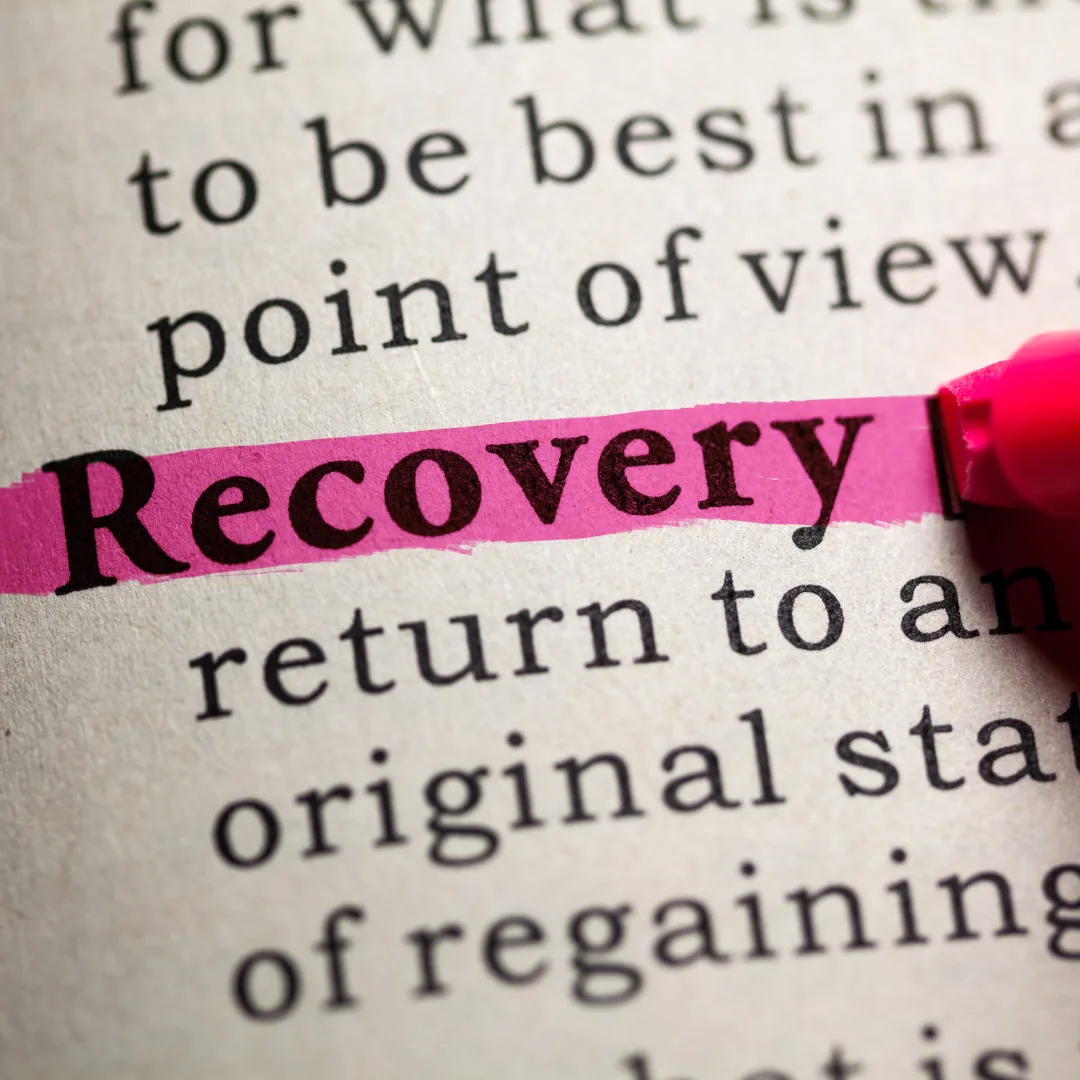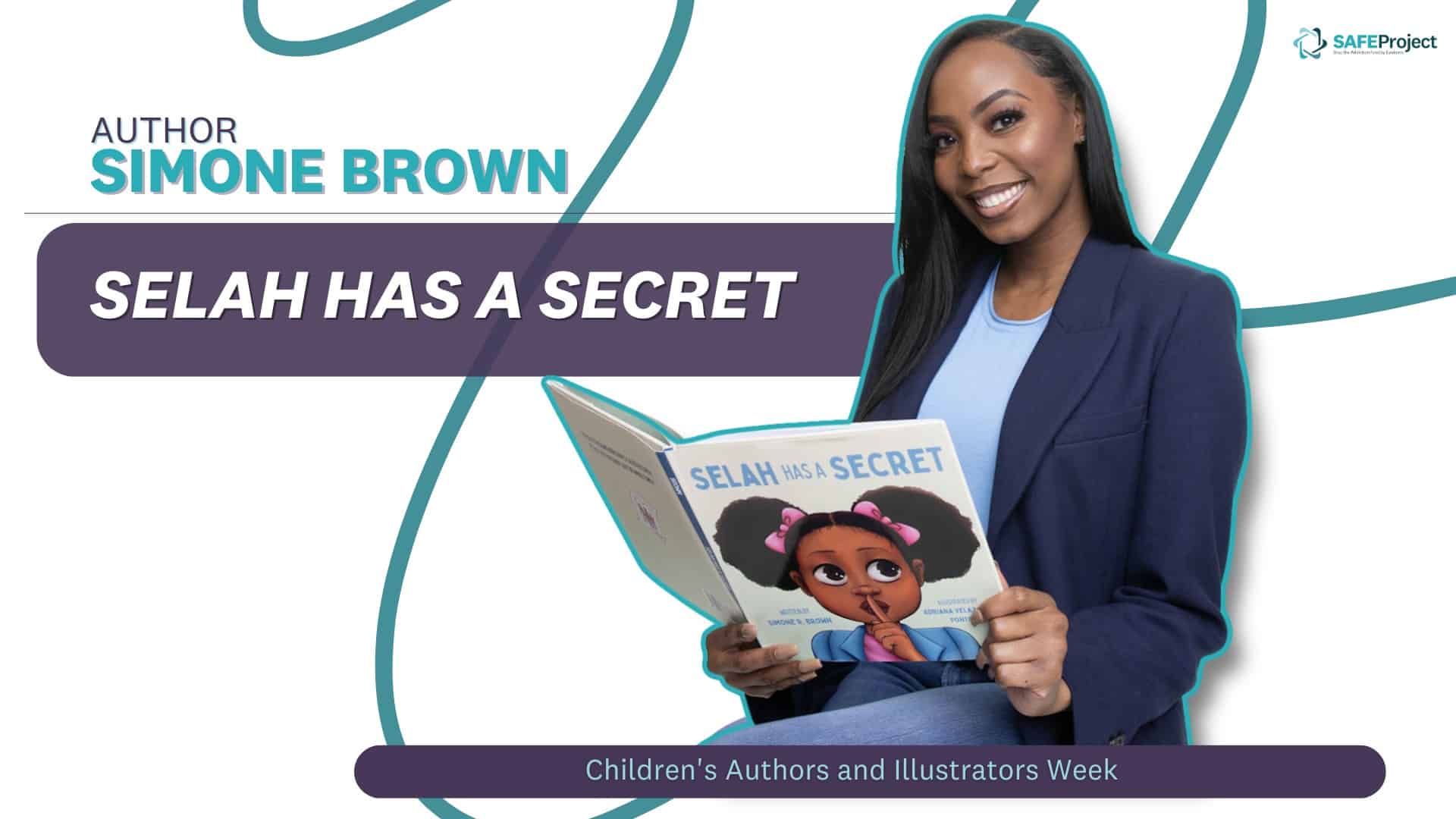Helping your loved one through treatment can seem overwhelming. Learn tangible ways that you can be there for the person you love.

When someone is in treatment:
- Be there. Give them all the love and support you can, while being careful not to lose yourself in the process. Keep in contact and visit often.
- When appropriate, make sure that a formal release of information document has been signed by your loved one to enable you to communicate effectively with your treatment team. Keep in mind that the release form can be tailored in a way that is respectful of your loved one’s autonomy and need for ongoing support.
- Stay true. You are doing your best for your loved one when you maintain an open mind and maintain appropriate boundaries
- Stay firm. They need you to be consistent and steadfast in your approach. Let the treatment center be the professional and let your loved one do the work. You can’t fix this for them.
- Listen to the experts. Let the treatment specialists do their job, and stay in close contact with them. Listen to complaints of the person under treatment, and pass those complaints along to the treatment facility, but don’t promise to resolve the problem for them.
- Stay strong. Your loved one may tell you they are ready to leave when they are not even close to being ready to leave. Their treatment provider should work with them directly when it’s time to develop a discharge and transition plan. Don’t waver or promise to help get them out because they say they are doing okay. Let your loved one do the work with the treatment center while gently supporting from one step behind.
- Keep your mind open. Learn as much as you can about the true nature of the chronic condition and the psychological challenges of those with substance use disorder. Attend educational sessions when you can, learn what’s going on in your community, or volunteer with opioid focused organizations. You’ll learn more and get the support you need.
- Find a support group. You will learn a great deal from others who are, or have been, in your situation. It helps to know you are not alone. Many treatment centers or programs offer support groups for family members. Whether you can get to an in-person meeting or choose to join an online group, do that for yourself.
- Know your options. Exhaustively research treatment, treatment facilities, and especially transition support, before transition to a less restrictive level of care occurs.
- Be their advocate. Make sure your loved one knows you do not see this as a moral failing or stigma in any way…It is a chronic condition like any other, and you are going to stick it out with them.
- Be prepared. Learn what Medications for Addiction Treatment are and why it is important. Know that MAT is not just a medication that reduces cravings for the drug. It is also counseling and preparation for re-entering the community. Think of it as having diabetes, in which a physician will prescribe insulin, but will also encourage you to change your diet.
- Remember YOU matter too. There’s a strong focus on your loved one’s recovery now. Remember to make time for your healing as well.
- Practice self-care. Self-care may be a new concept for you. But you have to be physically and emotionally strong for yourself while your loved one finds his or her way into recovery. It’s like the flight attendants tell you before takeoff: always put your own mask on first before helping others. By the time you’ve helped everyone else, you may not know how to help yourself.
It’s like the flight attendant tells you before takeoff: put your own mask on first before helping others.
SAFE Project
Resources & News
-
Empowering Student Voices Through Science, Prevention, and Storytelling
-

SAFE Project Launches New “Life’s a Party” Campaign
-

Conversations Across the Continuum: Bridging Recovery and Harm Reduction
-

Treatment, Recovery, and the Realities of Insurance
-

What Does Recovery Mean?
-

Community First: Queer Kentucky’s Approach to Harm Reduction
-

Fall Into Action with SAFE Project and HealthCode
-

Youth VOICE Council Spotlight: Aubrey
-

Simone Brown Interview: Children’s Authors and Illustrators Week 2025
